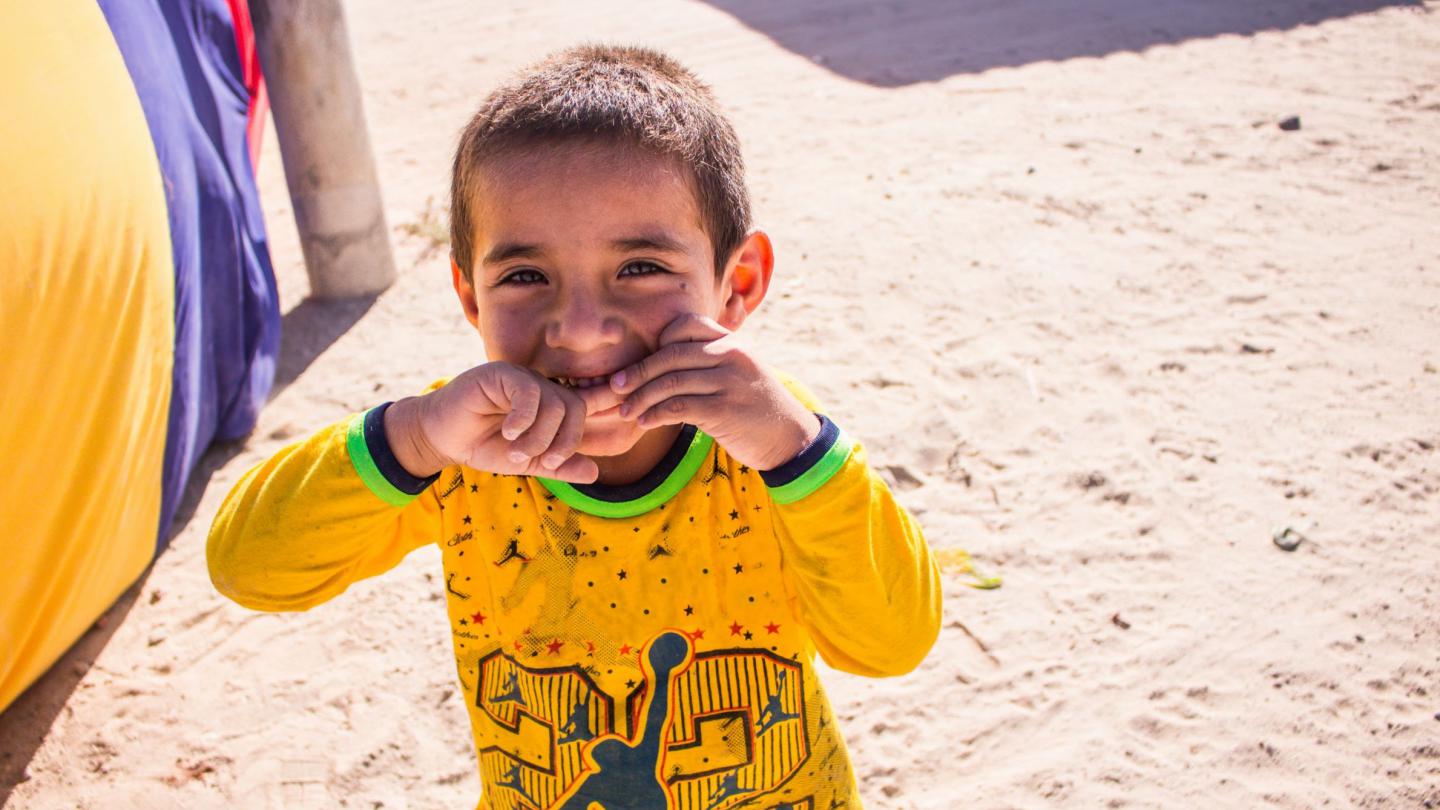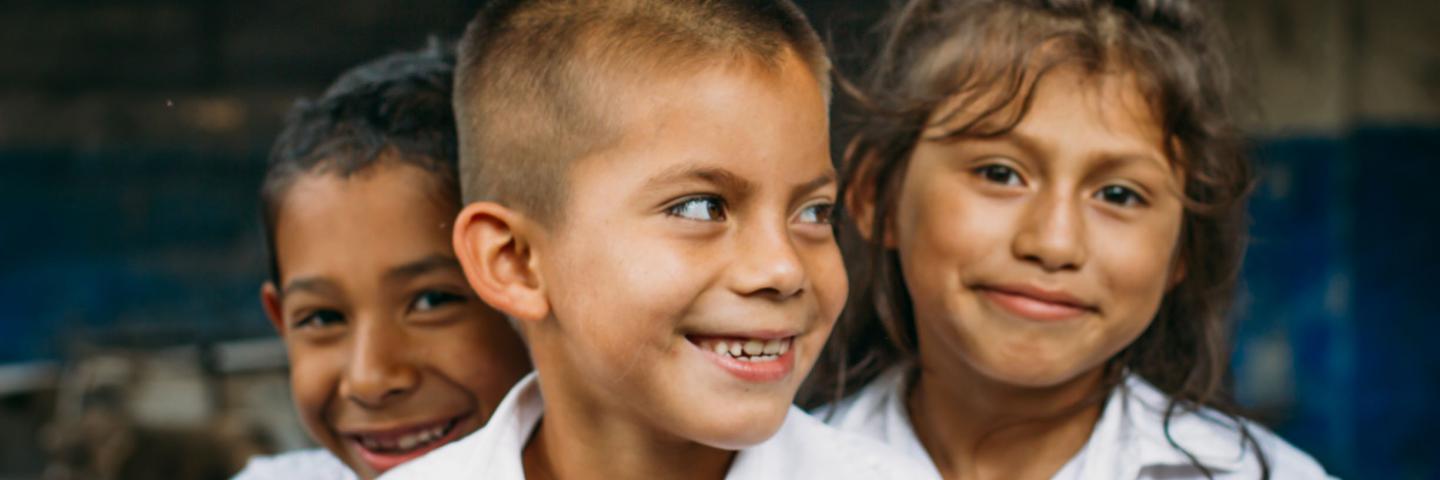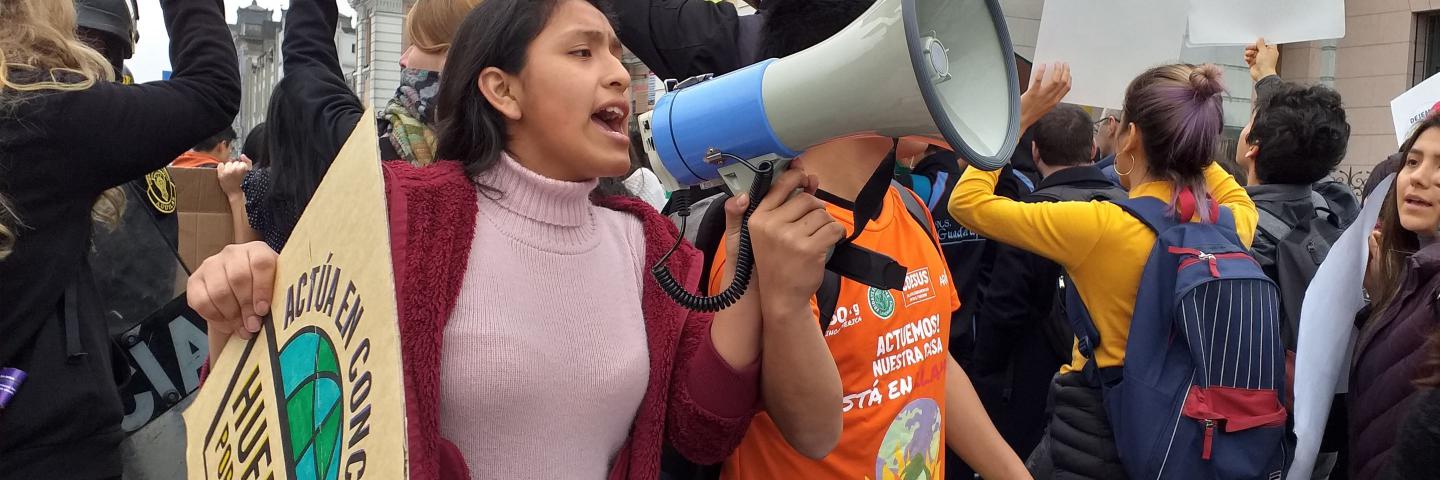
Save the Children is an international organisation present in more than 120 countries. We work every day to guarantee children's rights to health, education, and protection against violence, to ensure that children have a better future. We ensure that their needs are met and that their voices are heard. Every day and in times of crisis, we do whatever it takes to transform children’s lives and the future we share. By 2024, we are aiming to impact at least 750 million children globally, working alongside 50,000 child campaigners, and engaging 10 million new supporters, by ensuring children get a healthy start in life, can safely go to school and learn, live free from violence, and grow up in resilient families.
Violence is a part of everyday life for many children and adolescents in Latin America and the Caribbean (LAC). Every hour, three adolescents in LAC are killed. LAC has four of the five countries with the highest child homicide rates in the world. It is also the region with the highest femicide rates, highlighting the problem of gender-based violence.
Forced and unsafe migration is an issue affecting millions of children in the region. Currently, there are two major migration crises: The movement from northern Central America towards Mexico and the US, and the Venezuelan migration crisis. Children are vulnerable to human trafficking and smuggling with girls particularly susceptible to violence, abuse, and exploitation.
Availability of health services is scarce in large parts of the region. Indigenous and poor populations particularly suffer the consequences with higher child mortality rates than average. Migrants often have no access at all. Throughout the region, birth rates among adolescent girls from low-income families are multiple times higher than those from higher-income families. This increases their likelihood of dropping out of school.
Climate change is another factor that has impacted children and adolescents in the region. For example, children are more prone to diseases associated with water scarcity, and their education may be interrupted by a climate-change-related disaster. Likewise, a recent report from the University of Brussels and Save the Children estimates that children born in 2020 will be exposed to 6.8 times more heatwaves than their grandparents. In general, the climate crisis increases inequality for children living in poverty.
The COVID-19 pandemic has increased child poverty in the region and continues to seriously impact access to education. According to UNESCO, it is estimated that 159 million children, adolescents and youth have been affected by the closure of schools. The isolation measures also involved children's mental health. According to a global Save the Children survey, 83% of families reported increased negative feelings in children due to the pandemic.

We work across Latin America and the Caribbean to improve the lives of the most deprived children in the region. Child rights are at the centre of what we do, while responding to COVID-19, conflict, and climate change related issues. Our regional priorities are migration and displacement, safe back to school and learning, as well as safety nets and resilient families.
Our diverse range of programmes and projects are focused on the nexus between humanitarian, disaster risk reduction and development settings. We empower children and adolescents and enhance child participation by educating them on their rights and guaranteeing their voices are heard. Through our advocacy efforts, we also provide children and adolescents with tools to promote gender equality, reduce violence in their communities, and improve access to livelihood opportunities.
We are committed to building meaningful relationships with civil society groups, women-led and child-led local organizations, national and sub-national entities, amongst others. Our partnership and Localization strategies are aimed at enhancing and leveraging locally based solutions for children and their families to ensure a sustainable effect that improves the lives of a diverse range of local communities.
Our child protection work focuses on strengthening national and local child protection systems, and our education work targets both formal and community-based education. We are also responding to the Venezuelan migration crisis with programmes supporting children and their families who have fled to Colombia and Peru as well as local strategies in Venezuela. In North Central America’s migration response, we have been leading our local solutions response by mitigating the root causes of migration, attending to the pressing needs of migrants, improving the quality of life of children and their families and assuming a leading role within regional humanitarian spaces.
We train community health workers to provide primary care, strengthen health capacities and provide sexual and reproductive health services to the most vulnerable. We also run nutrition programmes for children from rural communities most prone to malnutrition. Read more about what we do.
We operate through offices in 11 countries and have a regional office based in Panama. We also run programmes through partner civil-society organisations in countries where we do not have an office.
Calle Luis Bonilla parte trasera de edificio 104,
Innova,
Ciudad de Panamá,
Panamá.
Tel: + (507) 301-5780
